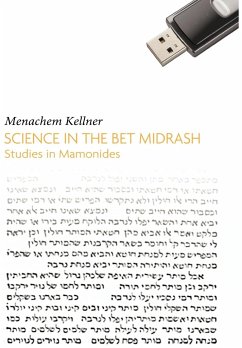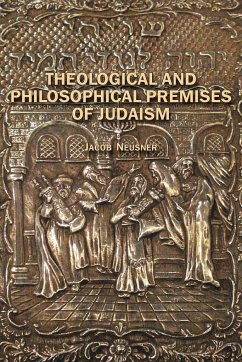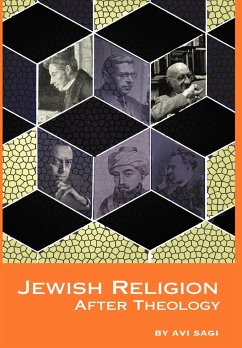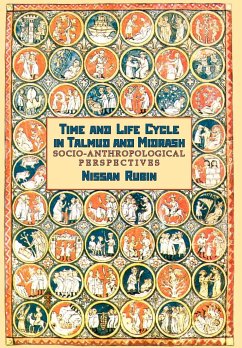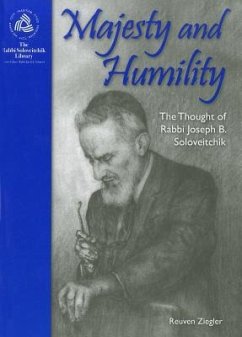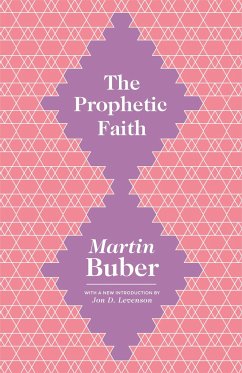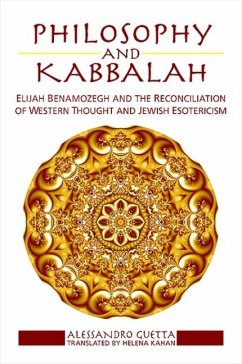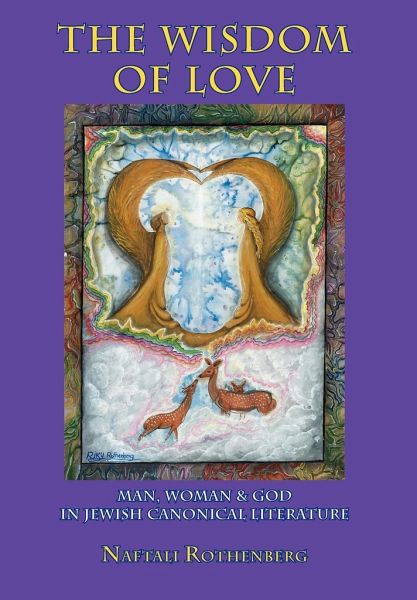
The Wisdom of Love
Man, Woman and God in Jewish Canonical Literature
Übersetzer: Sermoneta-Gertel, Shmuel
Versandkostenfrei!
Versandfertig in über 4 Wochen
50,99 €
inkl. MwSt.
Weitere Ausgaben:

PAYBACK Punkte
25 °P sammeln!
The Wisdom of Love strives to challenge the discrepancy between the way source texts relate to love and the way they are perceived to do so, introducing readers to the extensive, profound, and significant treatment of love in the Jewish canon. This is a book about love, not its repression; it is an opportunity to study the wisdom of love, not those who lack such wisdom and are unlikely to ever acquire it. The Wisdom of Love brings about not only a change in perception-recognizing the existence of the wisdom of love per se-but also the realization that this wisdom is the very foundation of reli...
The Wisdom of Love strives to challenge the discrepancy between the way source texts relate to love and the way they are perceived to do so, introducing readers to the extensive, profound, and significant treatment of love in the Jewish canon. This is a book about love, not its repression; it is an opportunity to study the wisdom of love, not those who lack such wisdom and are unlikely to ever acquire it. The Wisdom of Love brings about not only a change in perception-recognizing the existence of the wisdom of love per se-but also the realization that this wisdom is the very foundation of religious wisdom as a whole, rather than a peripheral branch of it. All love derives from a single source: love between man and woman. It is from this source that all other manifestations of love, such as love of God, love of wisdom, and love of one's fellow, draw their meaning.






